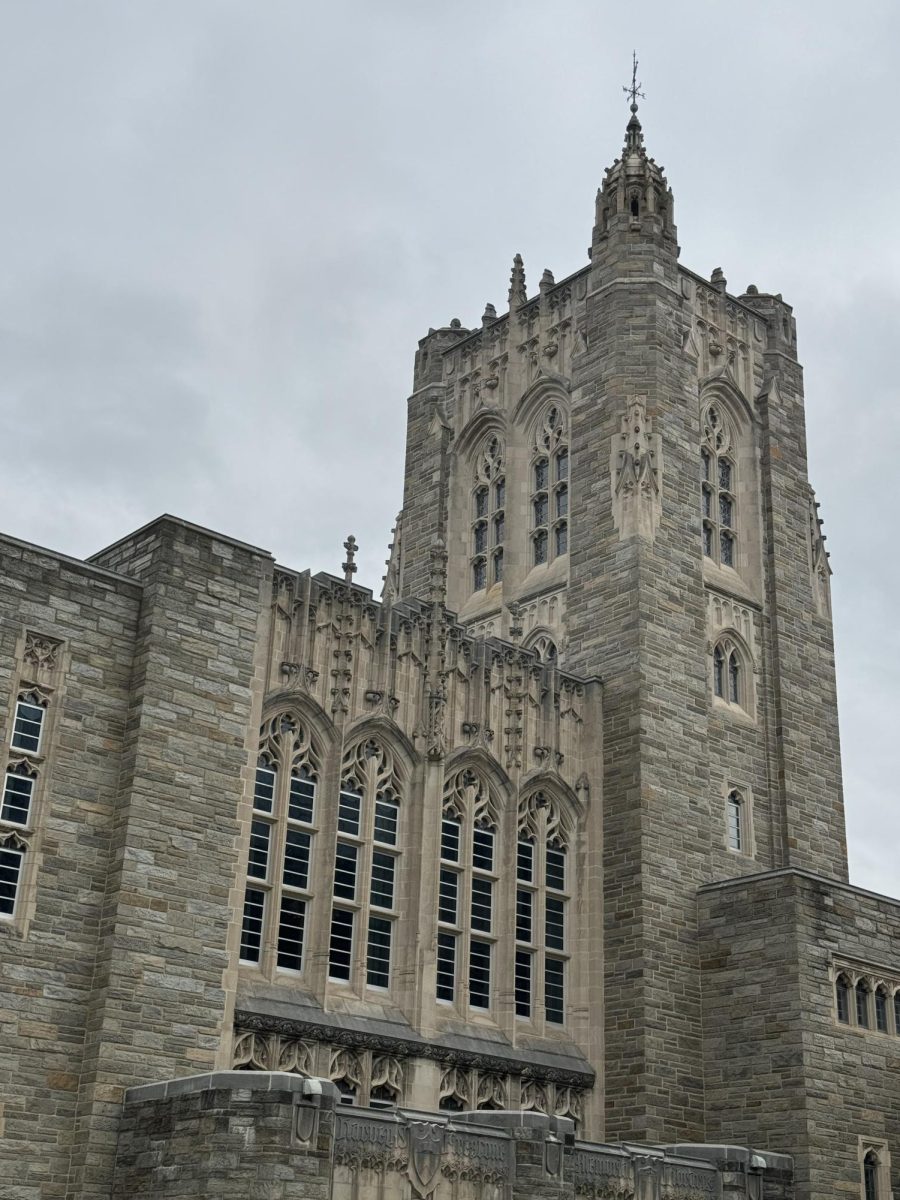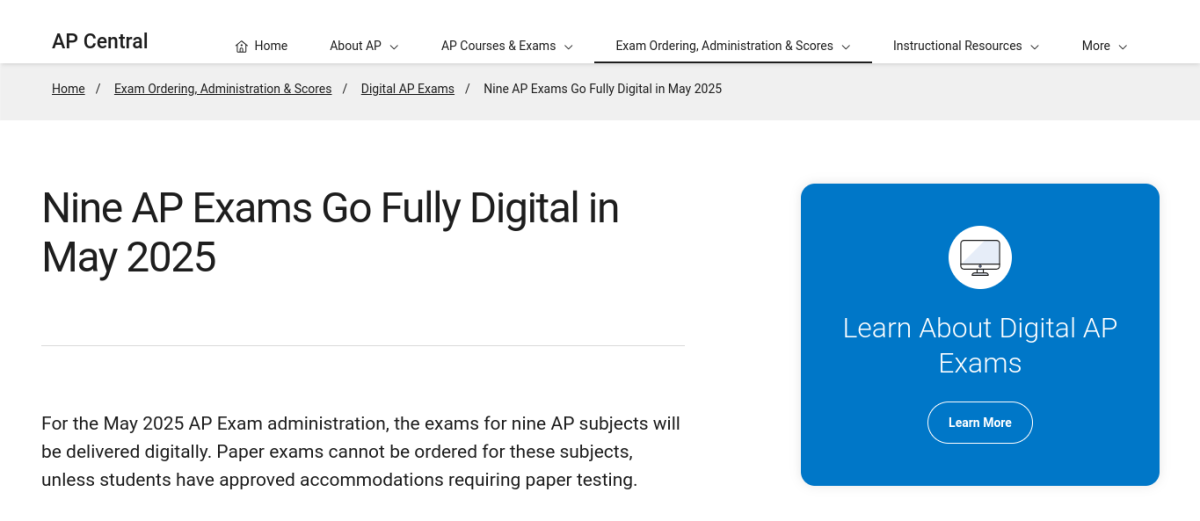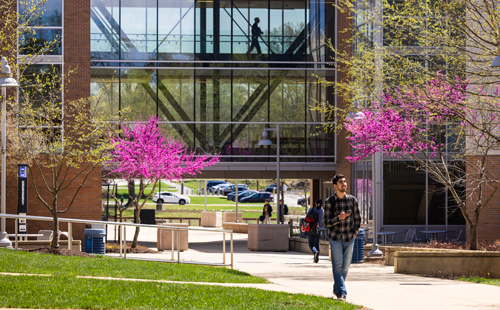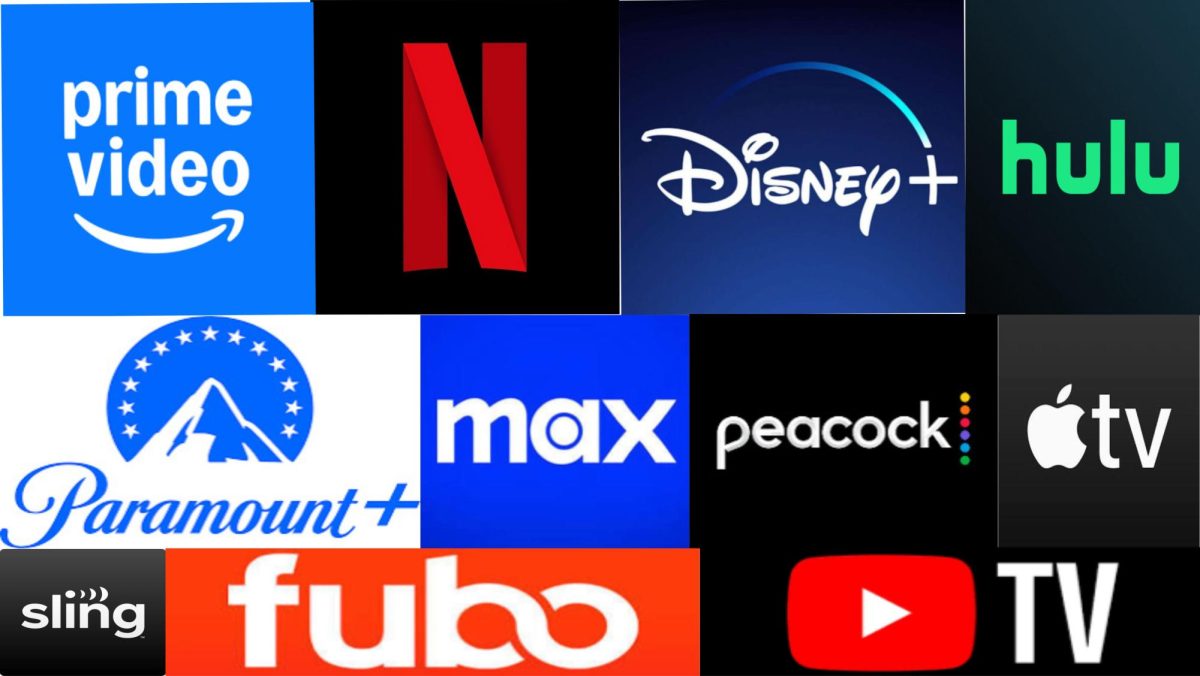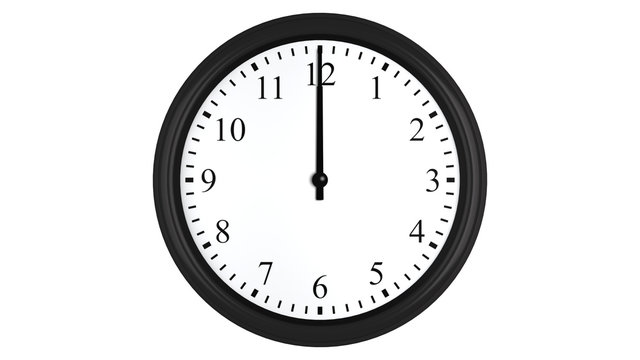A great deal of the college application process depends on the college rankings that are updated each year by U.S. World and News Report,which are read by alumni, trustees, administrators and applicants, and have come to serve as the go-to source for finding out which schools are the best in the country.
The schools that gain the most respect and prestige are those at the top of the rankings; those schools that do not gain a high number on the list are easily overlooked or labeled as mediocre.
However, we must not depend on this flawed system because what goes on behind the scenes is completely unknown to us as we anxiously wait for the results to be posted each year.
According to a May 3 Washington Post article, each year, hundreds of college presidents seek to advance their school’s position on the U.S. News rankings by sending the college presidents of other schools who help determine the ranking exclusive mailings, books, and interactive CDs that boast their achievements in order to receive a good score in the reputation survey constituent of the rank.
The reputation survey has been a component of every U.S. News ranking since the first one that was published in 1983, and it asks college presidents, provosts and admissions directors to rate dozens of other colleges in the same institutional category on a scale of one to five for overall undergraduate academic quality.
This survey is currently under a lot of heat. Schools mercilessly rival each other for the top rankings because upward movement on the list can increase applications, endowments, faculty recruitment, etc. Despite the tremendous impact of moving positions on the list, schools complain that the surveys do not allow for much movement; most schools are stuck at the same rank on the list because of impressions formed decades before.
Some schools, specifically a few in the D.C. metropolitan area, are catching on to the unjust nature of the rankings, and so their college presidents are refusing to participate in the lobbying that goes on each spring between rivaling schools.
Some of the schools that are boycotting are Goucher College in Baltimore, St. John’s College in Annapolis, Washington College on the Eastern Shore, Trinity Washington University in D.C. and Dickinson College in Carlisle, Pennsylvania.
However, many schools are not willing to follow in the footsteps of these college presidents because few are willing to risk their prestigious reputations by dropping out of the ranking system, which has come to be viewed among the schools as a vastly influential competition.
Until this problematic ranking system undergoes reforms, parents and students must take more factors than just a school’s ranking into consideration before forming an opinion about a college or university.
Categories:
Observer Opinion
May 28, 2010
Story continues below advertisement
0
More to Discover






